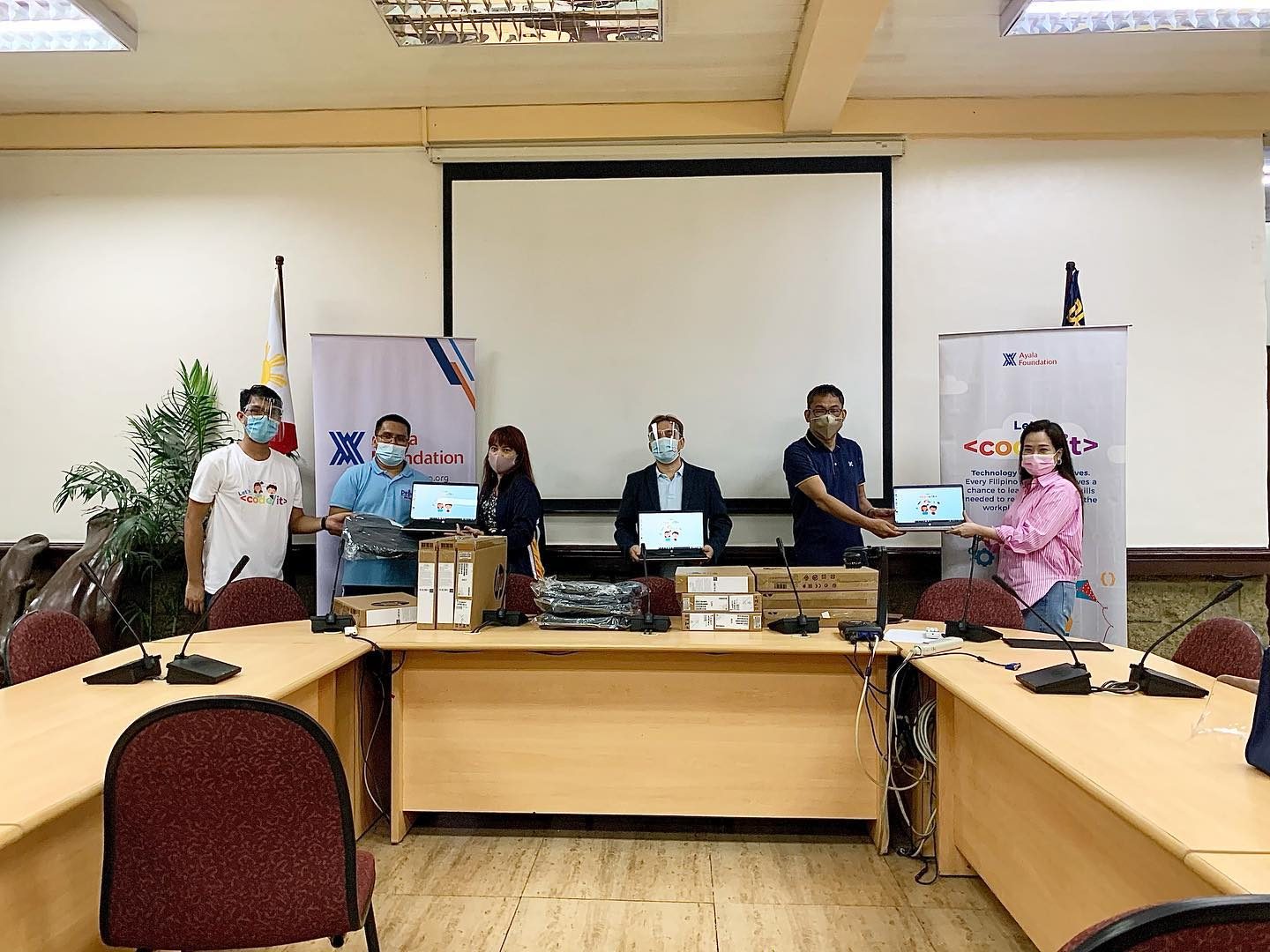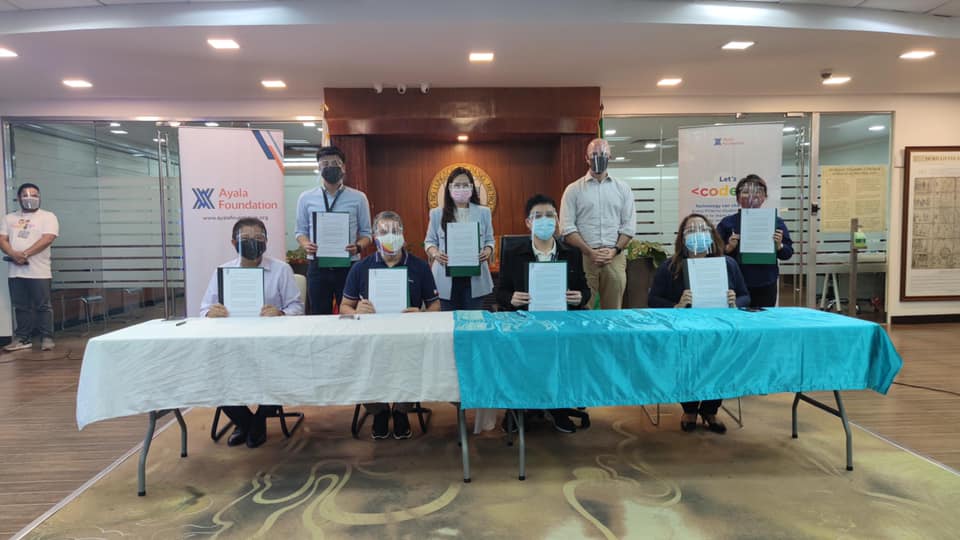SUMMARY
This is AI generated summarization, which may have errors. For context, always refer to the full article.

Editor’s note: GoodRap continues to share stories of brands and companies leveraging their resources to help communities in need.
In line with this, Ayala Foundation launched Project < code/it >, which aims to help the Filipino youth gain basic computer science and coding skills with the goal of bridging the digital divide in the country.
When the pandemic accelerated the digital transformation of Philippine education, Filipino students were not just encouraged to be digitally literate but were required to be one.
With most of the new forms of learning linked to digital technology and the internet, digital literacy spelled the difference between passing and failing classes. [READ: INFOGRAPHIC: The state of Philippine education at the time of a pandemic]
But this concern is not something students face only within the four walls of the classroom. Most – if not all – industries have now pivoted digitally.
How can we ensure that our youth have been properly equipped with all the skills and tools they need to take part in today’s digital world?
What is Project < code/it >?
In 2019, Ayala Foundation already saw the need for a digital literacy learning program for Filipino students.
Project < code/it > is a shared initiative between Ayala Foundation and its partners in the private and public sectors. It aims to provide basic computer science and coding concepts to public school students from Grades 3 to 6.
Its main goal is to help bridge the digital divide that is prevalent in many communities around the country.
How does it work?
Through Project < code/it >, participating schools receive learning modules duly approved by the Department of Education. These can then be incorporated by teachers into their curriculum.
Aside from computer science education, they also acquire tools – such as laptops – that can help them foster digital education.
This initiative was also designed to help Filipino students develop critical thinking, problem-solving, logical reasoning, creativity, and innovation skills.
Partnerships with local government units
Since it started, Project < code/it > has partnered with local government units to make its vision a reality.
Some of its partners include the City of Manila and its 73 public schools as well as the Municipality of Silang in Cavite with 5 public schools.
They have also recently signed an agreement with the City of Pasig.

Through programs such as Project < code/it >, the Ayala Foundation remains committed to helping improve the quality of education in the country, particularly in the public sector. For more updates about this initiative, you can visit their Facebook page. – Rappler.com
Add a comment
How does this make you feel?
There are no comments yet. Add your comment to start the conversation.